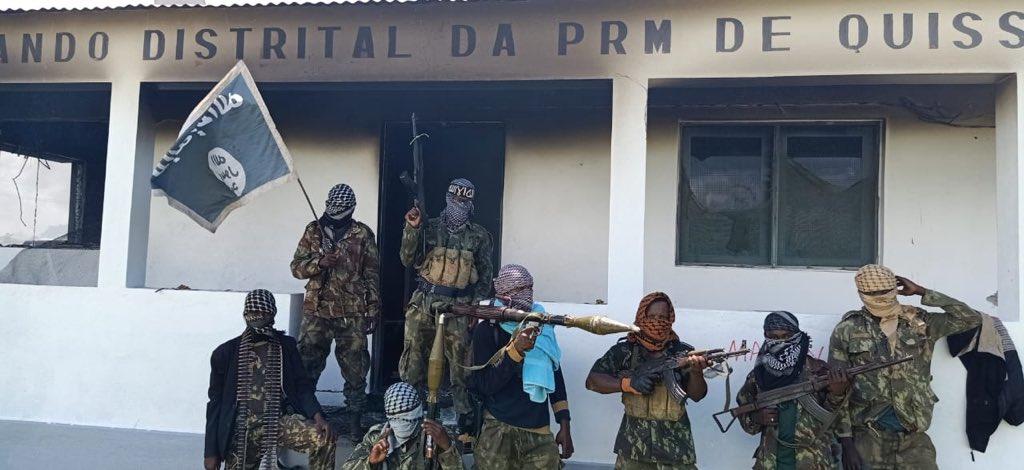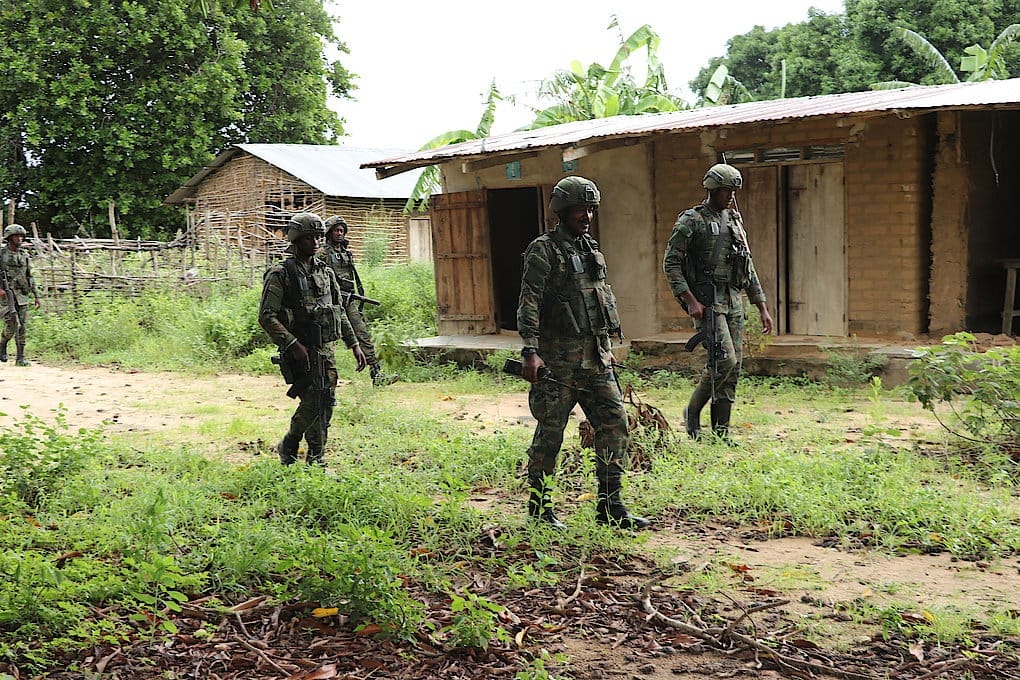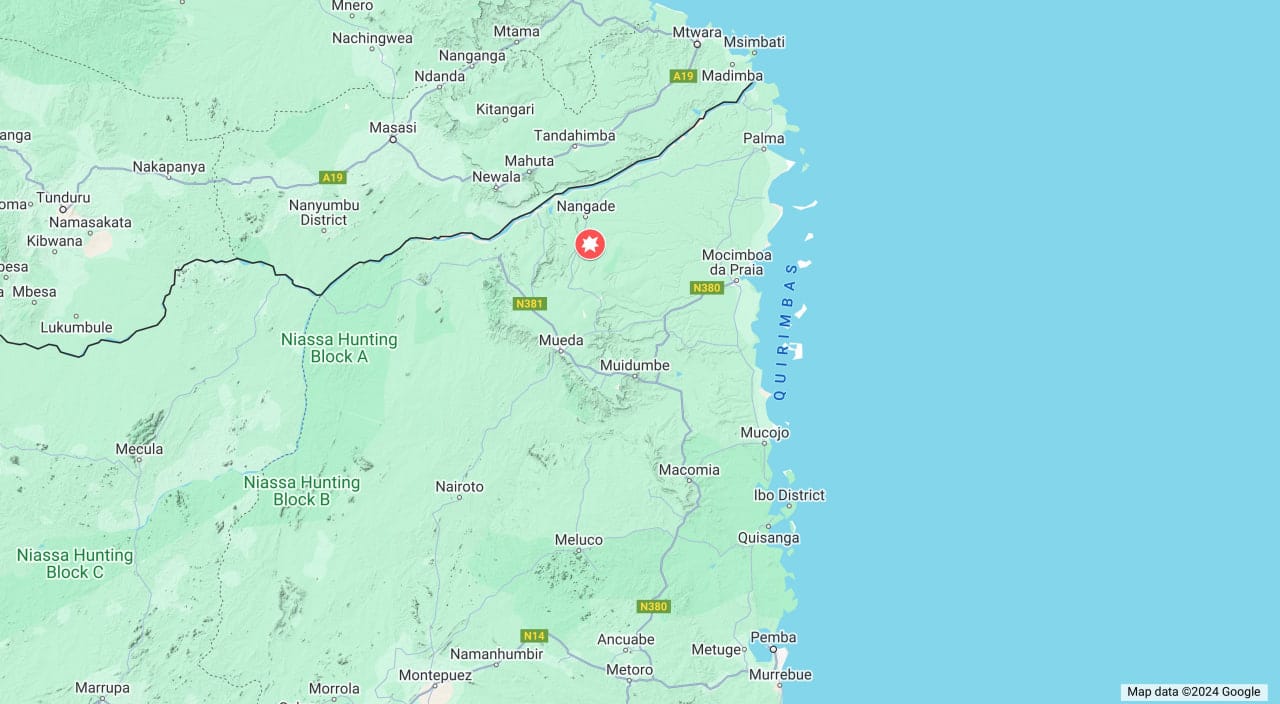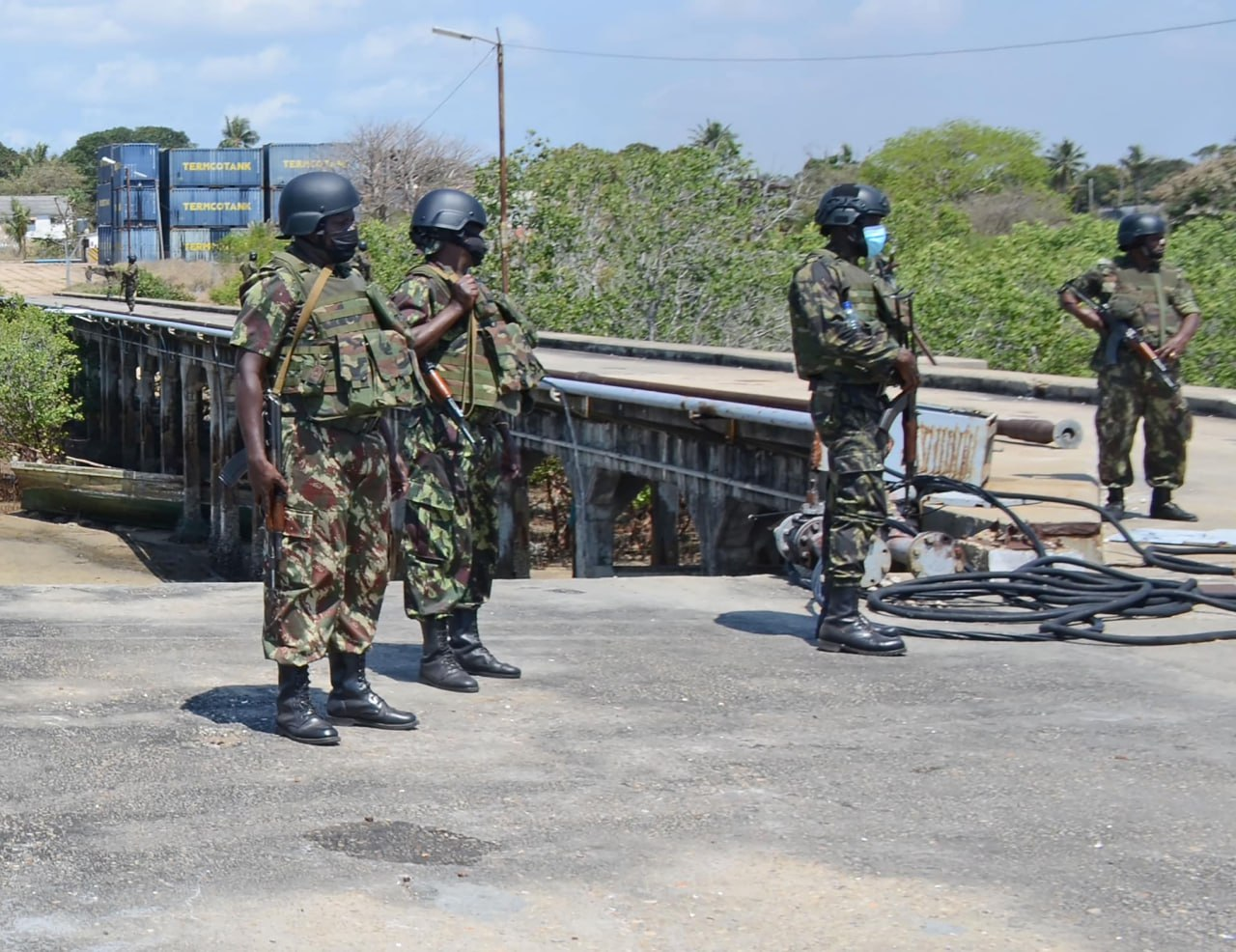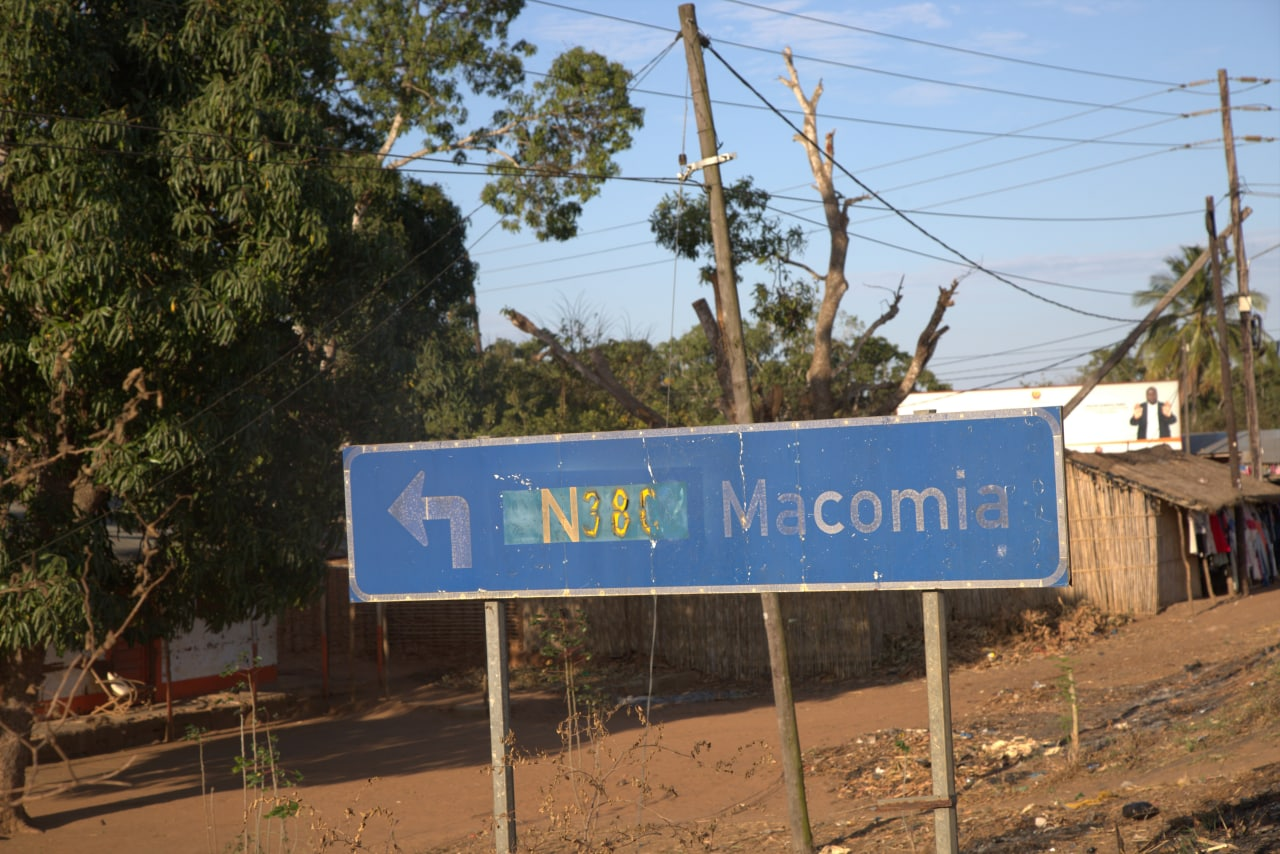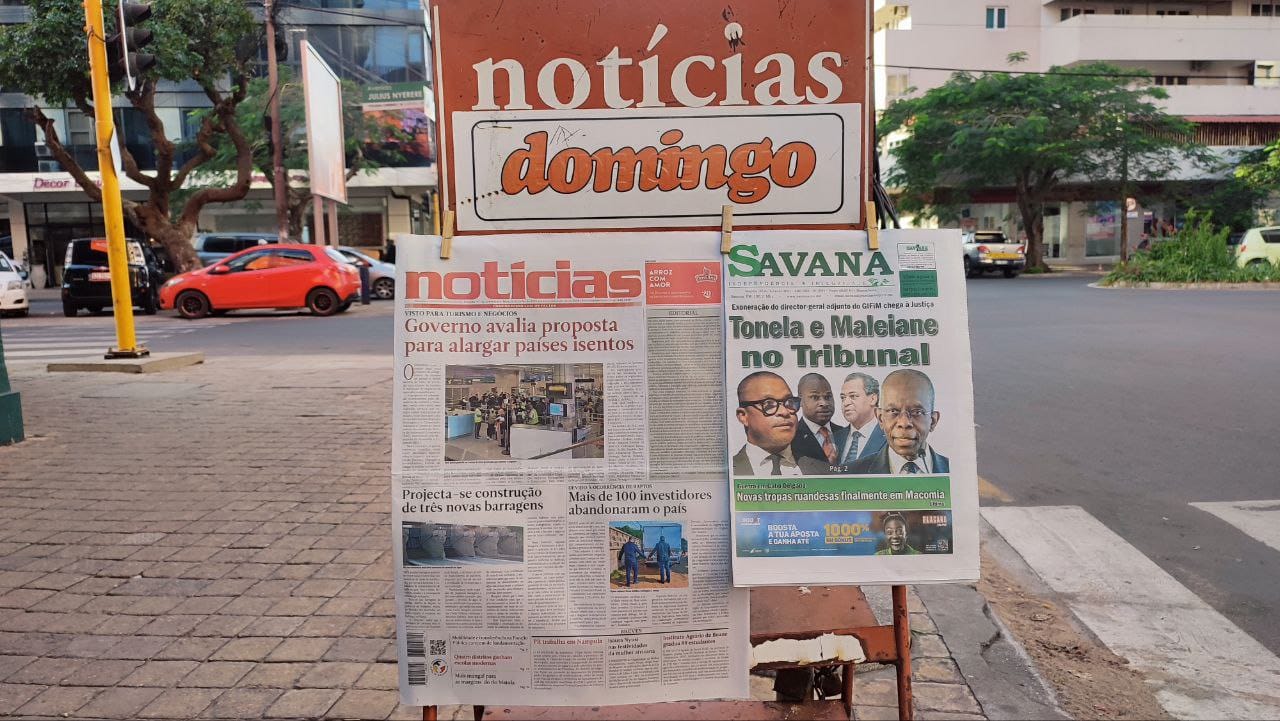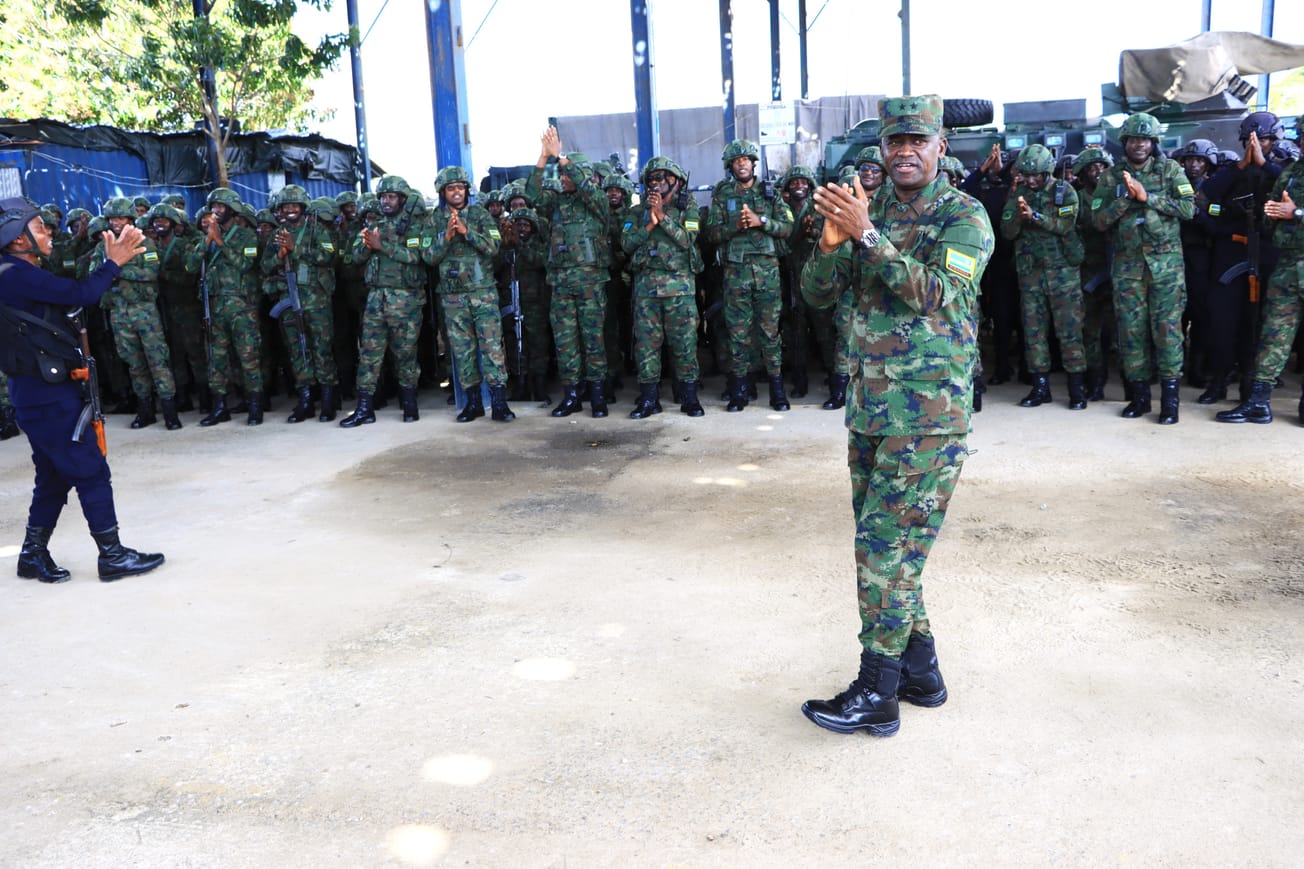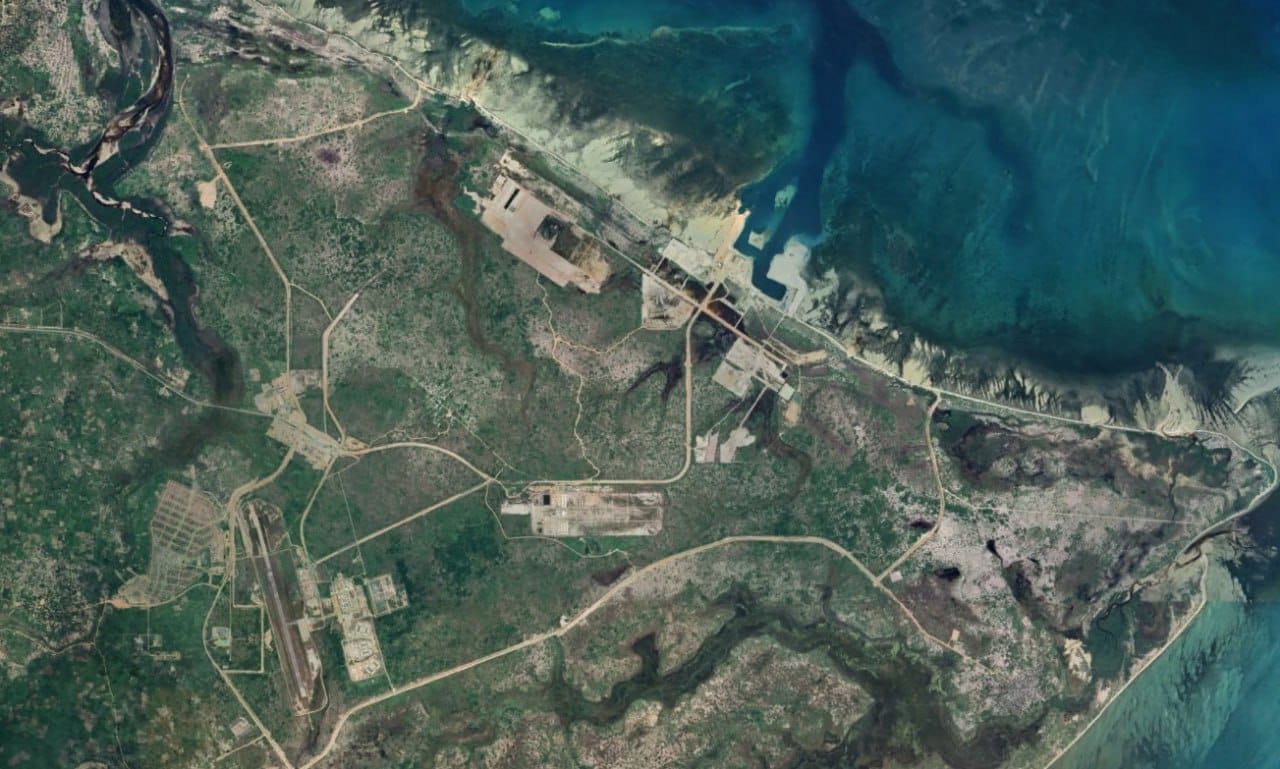On 12 July 2023, Mozambique’s government gazette, the Boletim da República, published a dispatch from the attorney general’s office presenting one list of 43 people designated as “terrorists,” and another of three designated organisations.
This article was first published on 22 August 2023 as part of the Cabo Ligado Monthly: July 2023

The designations were made under Mozambique’s Law No. 13/2022, which governs “the prevention, repression, and combat of terrorism, and the proliferation of weapons of mass destruction.” The list of individuals contained two, Bonomade Machude Omar and Abu Yasir Hassan, who remain free, and 41 others who have been tried, found guilty, and sentenced. Both Bonomade Machude Omar and Abu Yasir Hassan have been designated as “terrorists” by the United States, and the European Union. The lists highlight aspects of Mozambique’s framework for counterterrorism, including the pace of legislative change, how minors are dealt with, and the importance or otherwise of “terrorist” designations. They are also a source of limited data on those involved in the conflict in its early days.
The first issue the document highlights is the change that the legislative framework has undergone since the start of the conflict. With no specific terrorism legislation in place, the country’s first trials were held under the provision of the penal code. The first such trial held in 2018, Case No. 32/2018, had, according to the US State Department of State, more than 189 defendants, and was held in an improvised court with no media access. Mozambique’s first piece of counterterrorism legislation, Law No. 5/2018, was passed in August 2018. This was superseded just four years later by Law No. 13/2022. This increased the penalties greatly, and introduced the process for the designation of “terrorists,” and “terrorist organisations.”
Twenty of those listed last month as designated “terrorists” were convicted at the 2018 mass trial, Case No. 32/2018. Of the 21 others, 12 came from three cases that concluded in 2018, 2019, and 2023. The remainder are accounted for by four individual cases, and five seeming errors that preclude categorisation.
The list of 41 does not, however, act as an indicator of the numbers convicted. According to a spokesperson for the Tribunal for Justice of Cabo Delgado Province, Mozambique recorded 122 convictions by September 2020, and 130 people were acquitted. Many of those acquitted were from Case No. 32/2018. However, the distribution of the 41 cases across years suggests that the judicial process has slowed considerably. Whether this is due to limited numbers of arrests on the side of the police and the National Criminal Investigation Service, delays in prosecution on the part of the Director of Public Prosecutions, or limited court capacity cannot be ascertained.
Personal data of the 41 gives some interesting insights into the composition of the group, at least in its early days, in particular indicating a geographically broad recruitment network in the early days of the conflict. For each person, language and place of origin is given. Mwani, spoken in the province primarily on the coast, is the language given for 12 individuals, of whom nine come from Mocímboa da Praia, and the remainder from Palma or Macomia. A surprising feature is the 19 speakers of Macua, the language most widely spoken north of the Zambezi river. Of these, seven come from Macomia; of the remainder, five come from Nampula, and one from Niassa. Those from Nampula are listed as being from Mossuril (1), Nacala (2), and Memba (2). More recent research from Salvador Forquilha and João Pereira indicates that Nampula and Niassa remain areas at risk of experiencing recruitment. Within Cabo Delgado, other places of origin are Pemba, Montepuez, and Namuno in the south.
Six Tanzanians were also on the list, one with Mozambique and three with Mozambique/Tanzania listed as “permanent residence.” This is no surprise. While the insurgency's connections to Tanzania are real, Tanzanians are to be found in most sectors in Cabo Delgado, a legacy of generations of cross-border trade, and inter-marriage.
The age of those designated also raises the issue of the age of criminal responsibility. Assuming that the age given is their current age, up to five of those designated were under 18 when their trials began. Eighteen is widely assumed to be the internationally accepted age for one to be treated as an adult. However, under the penal code of 2019, this remains 16 years in Mozambique. The United Nations Convention on the Rights of the Child leaves this open to member states. In Tanzania, for example, it is set at 18 years of age.
Finally, the designations of Bonomade Machude Omar and Abu Yasir Hassan indicate a willingness on the part of the Mozambican authorities to follow the lead, and likely the urging, of the US and the EU. Both have designated these men as “terrorists,” though they remain undesignated by the UN. The same applies to IS Mozambique, designated by the US in 2021, and the EU in 2023, but not yet by the UN.
Law No 13/2022 gives the office of the attorney general the power to designate individuals or organisations that are believed to be involved in “terrorism” on Mozambique’s own account, in response to Security Council designations, or at the request of other jurisdictions. The lists issued last month only contain two significant figures, likely included at the urging of two foreign powers. The absence of any other significant figures suggests that either Mozambique’s intelligence is poor, or such designations are of limited practical value in the context of this conflict.

